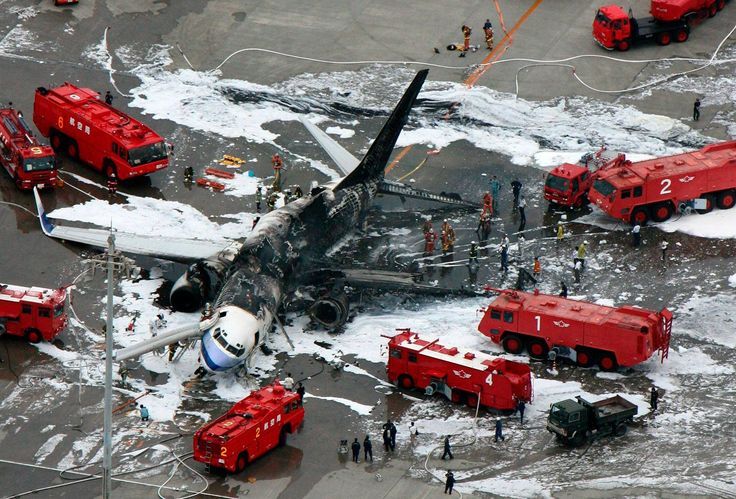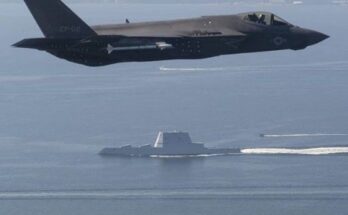
Aviation has revolutionized transportation, making the world more connected than ever before. However, despite remarkable advancements in technology and safety measures, tragic plane crashes still occur, often leaving behind devastating consequences. These incidents not only claim lives but also leave a profound impact on families, communities, and the aviation industry as a whole.
One of the most heartbreaking aspects of a plane crash is its sudden and catastrophic nature. Unlike other modes of transportation, air travel accidents are rare but tend to be severe when they do happen. Investigations often reveal that crashes result from a combination of factors such as mechanical failure, human error, weather conditions, or even external threats. Each tragedy serves as a reminder of the complexity of aviation and the importance of constant vigilance in maintaining safety standards.
Famous cases like the 2009 crash of Air France Flight 447 or the more recent Ethiopian Airlines Flight 302 highlight the vulnerability of modern aviation systems. These disasters prompted extensive investigations and significant improvements in pilot training, aircraft design, and communication systems. The goal has always been to prevent similar tragedies and ensure safer skies for passengers worldwide.
Beyond the technical aspects, the emotional toll is immense. Families lose loved ones unexpectedly, and entire nations mourn in solidarity. Memorials and tributes often follow, honoring the victims and reminding society of the human cost behind every headline.
While air travel remains statistically the safest way to travel, the memory of tragic plane crashes underscores the need for continued innovation and strict safety protocols. Each incident becomes a lesson—one that drives the aviation industry to strive for perfection and ensure such heartbreaks become increasingly rare.
Would you like me to also add a list of the most infamous plane crashes with brief details? Or keep it as a pure narrative?


